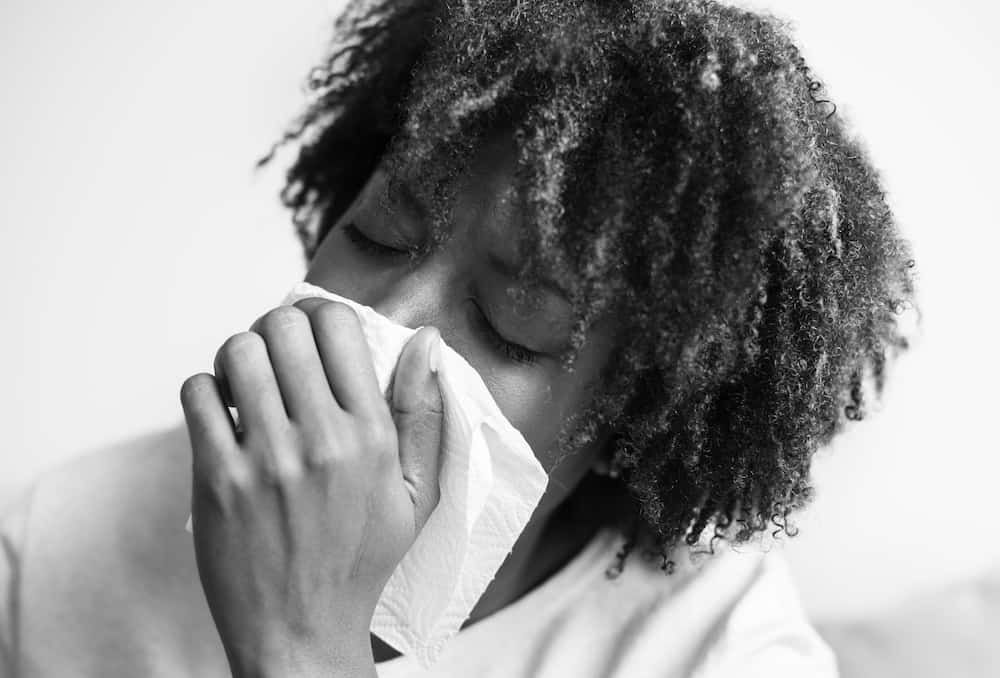
Antibiotic resistance occurs when bacteria change in a way that reduces, or totally eliminates, the effectiveness of the medication designed to kill them. Bacteria will naturally develop resistance, but the misuse and overuse of antibiotics are speeding up the process at a concerning rate.
Antibiotic resistant bacteria are difficult to treat and lead to an array of healthcare issues, including more serious illnesses, longer recovery times, more frequent or longer hospitalizations, more doctor visits, and more expensive treatments. According to the Mayo Clinic, “approximately 2 million infections from antibiotic-resistant bacteria occur in the United States each year, resulting in 23,000 deaths.” These are some scary statistics, but there are steps we can all take as individuals to help prevent antibiotic resistance.
Use antibiotics responsibly:
- If you’re suffering from a viral illness, antibiotics won’t cure the infection or help you feel better. Talk to your doctor about other medications that will be effective and beneficial for your recovery.
- Take prescribed antibiotics exactly as directed. It’s critical to complete the full course of medication, even if you start to feel better. If even one bacterium survives an antibiotic treatment, it can multiply and pass on its resistant properties.
- Never take leftover antibiotics for a later illness. It may not be the appropriate antibiotic, and it won’t be a complete course.
- Preventing infection altogether can also help reduce antibiotic use and resistance. Practice good hygiene and follow food safety guidelines.
- While viral Upper Respiratory Infections tend to have more severe symptoms and last longer than an average ‘cold’, antibiotics are not the answer. The medication will be ineffective and will also kill off good gut bacteria that are important to your health! It’s best to let your immune system do the work. Please follow your doctors’ advice and communicate if signs and symptoms get much worse.




